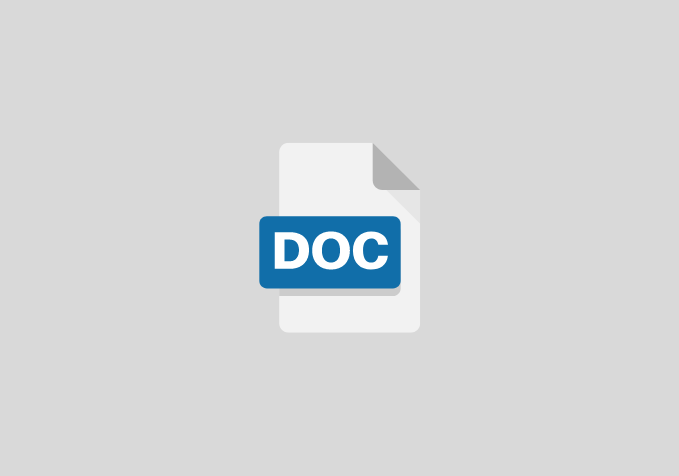A Proposal on Bad Governance and Its Implications for Proper Management of the National Wealth in Nigeria
Aim/Objective of the study
The following objectives will be assessed:
- To ascertain the effect of bad governance on managing national wealth in Nigeria
- To assess the causes of bad governance in Nigeria
- To assess whether bad governance affect economic growth of Nigeria
REVIEW OF RELATED LITERATURE
Bad governance
Bad Governance has been understood to reflect a general tendency of a public institution not being able ‘to manage public affairs and public resources’ (Wikipedia: wiki.Answers.com/Q/what_is_bad_governance). Wikipedia further notes that “Bad governance becomes more pronounced when a state or government fails (abysmally) to meet the needs of the society even though it makes use of the best of all the resources at their disposal”. Broadly speaking, Owoye and Bisssessar (2009) see bad governance as a symptom of institutional and leadership failures, explicitly “manifested by its long list of dictatorial leaders, non free media and undemocratic elections.” Citing Jesperson (1992) Owoye and Bissessar note: Africa performed well in the early years of its independence, but failed in its performance tests past 1973 as the region is now characterized by low growth rates, declining agricultural production, stagnating manufacturing, rising imports, and rapidly expanding external debts. … has had many coups, civil unrest, ethnic violence; and widespread bureaucratic corruption alongside administrative inefficiency, and institutional ineptitude or outright failure.Highly manifest corruption and its related practices have been identified as major constraints on Africa’s economic, political, and social development (Owoye & Bissessar (1992), citing Klitgard (1998); Gray& Kaufman (1988); and Vogl (1988, 2004). The United Nations Economic & Social Commission for Asia and Pacific (UNESCAP) confirms that, [B]ad governance includes governments that are ineffective and inefficient, not transparent, not responsive to the people, not held accountable for their actions, inequitable and exclusive to the elites, non-participatory; do not follow the rule of law and lacking policies that are consensus driven (http:www.unescap.org/pdd/prs/projectActivites/ongoing/gg/governance.pdf) [cited in Owoye &Bissessar, 2009:1]. Further corroborating this position, Owoye citing Calderisi (2006) averred persistent problems of inept leadership, institutional failure, and pandemic corruption as factors of bad governance in Africa. For Calderisi, “Africa’s problem is that it has never known good government.
References
- Swallowing the bitter pill of fuel deregulation. (2016, May 16). The Punch. Retrieved from https://punchng.com/swallowingbitter-pill-fuel-deregulation/
- Tella, S. (2016, November 10). Of recession and debt accumulation. The Punch. Retrieved from https://punchng.com/recession-debt-accumulation/ 2017: Time is running out, Buhari. (2017, January 1). The Punch. Retrieved from https://punchng.com/2017-time-running-buhari/
- United Nations. (2007). Public governance indicators: A literature review (ST/ESA/PAD/SER.E/100). New York, NY: Author. Retrieved from https://publicadministration.un.org/ publications/content/PDFs/E-Library%20Archives/2007%20 Public%20Governance%20Indicators_a%20Literature%20 Review.pdf
- United Nations Development Programme. (2007). Human development report, 2007/2008: Fighting climate change: Human solidarity in a divided world. New York, NY: Author.
- Uzodike, U. O. (2009). Leadership and governance in Africa. Affrika: Journal of Politics, Economics and Society, 1, 1-9.
- The World Bank. (1997). The state in a changing world. New York, NY: Oxford University Press.


